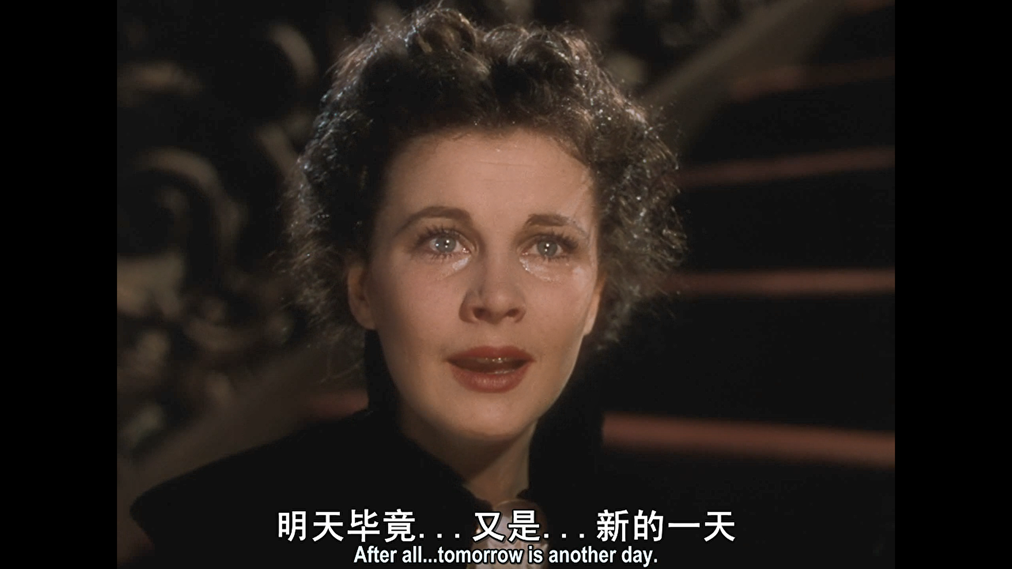每日外闻13
Carol Dweck’s fascinating work on the growth mindset.
Even as my glasses have gotten smaller and hopefully cooler over the years, I am still a proud member of Nerd Nation. As such, I read a lot of books—usually more than 50 a year. Many of the books I review on Gates Notes are recent releases, because I figure people are generally more interested in hearing about newer works. But I also like to revisit older books that feel especially important or relevant. Mindset: The New Psychology of Success (2006), by the Stanford psychologist Dr. Carol Dweck, is one of those books.
Here is Dweck’s thesis: Our genes influence our intelligence and talents, but these qualities are not fixed at birth. If you mistakenly believe that your capabilities derive from DNA and destiny, rather than practice and perseverance (坚持不懈,毅力), then you operate with what Dweck calls a “fixed mindset (固定型思维模式)” rather than a “growth mindset (成长型思维模式).” Our parents and teachers exert a big influence on which mindset we adopt—and that mindset, in turn, has a profound impact on how we learn and which paths we take in life.
In experiment after experiment, Dweck has shown that the fixed mindset is a huge psychological roadblock (巨大的心理障碍)—regardless of whether you feel you were blessed with talent or not. If you have the fixed mindset and believe you were blessed with raw talent (天生的天赋), you tend to spend a lot of time trying to validate your “gift” rather than cultivating it. To protect your self-identity as someone who’s super smart or gifted, you often steer clear of (绕开,避开) tough challenges that might jeopardize (危害) that identity. Here’s how Dweck puts it: “From the point of view of the fixed mindset, effort is only for people with deficiencies…. If you’re considered a genius, a talent, or a natural (天生的)—then you have a lot to lose. Effort can reduce you.”
If you have the fixed mindset and believe you lost the genetic lottery (彩票), you also have little incentive to work hard. Why bother putting in a lot of effort to learn a difficult concept if you’ve convinced yourself that you’re lousy (糟糕) at it and nothing is going to alter that basic equation? When I was visiting with community college students in Arizona, one young man said to me, “I’m one of the people who’s not good at math.” It kills me when I hear that kind of thing. I think about how different things might have been if he had been told consistently (一贯的,始终的) “you’re very capable of learning this stuff.”
In contrast, people with the growth mindset believe that basic qualities, including intelligence, can be strengthened like muscles. It’s not that they believe that anyone can become the next Albert Einstein or Michael Jordan if they just work hard enough on their physics homework or fadeaway (后仰投篮)jumpers. Instead, in Dweck’s words “they believe a person’s true potential is unknown (and unknowable); that it’s impossible to foresee (预见)what can be accomplished with years of passion, toil (辛勤劳作), and training.” As a result, they have every incentive (动机,激励的) to take on tough challenges and seek out opportunities to improve.
One of the reasons I loved Mindset is because it’s solutions-oriented. In the book’s final chapter, Dweck describes the workshop she and her colleagues have developed to shift students from a fixed to a growth mindset. These workshops demonstrate that “just learning about the growth mindset can cause a big shift in the way people think about themselves and their lives.”
My only criticism of the book is that Dweck slightly oversimplifies for her general audience. Contrary to the impression that Dweck creates here (but probably not in her academic papers), most of us are not purely fixed-mindset people or growth-mindset people. We’re both. When I was reading the book, I realized that I have approached some things with a growth mindset (like bridge) while other things in a fixed mindset (like basketball).
The greatest virtue of the book is that you can’t help but ask yourself things like, “Which areas have I always looked at through a fixed-mindset lens?” and “In what ways am I sending the wrong message to my children about mindset and effort?” Thanks to Dweck’s skillful coaching, you’re almost guaranteed to approach these tough questions with a growth mindset.
Thanks to the encourage of my parents and primary school teachers , they helped me cultivate a “growth mindset”, which has a profound impact on my life.
See you tomorrow












